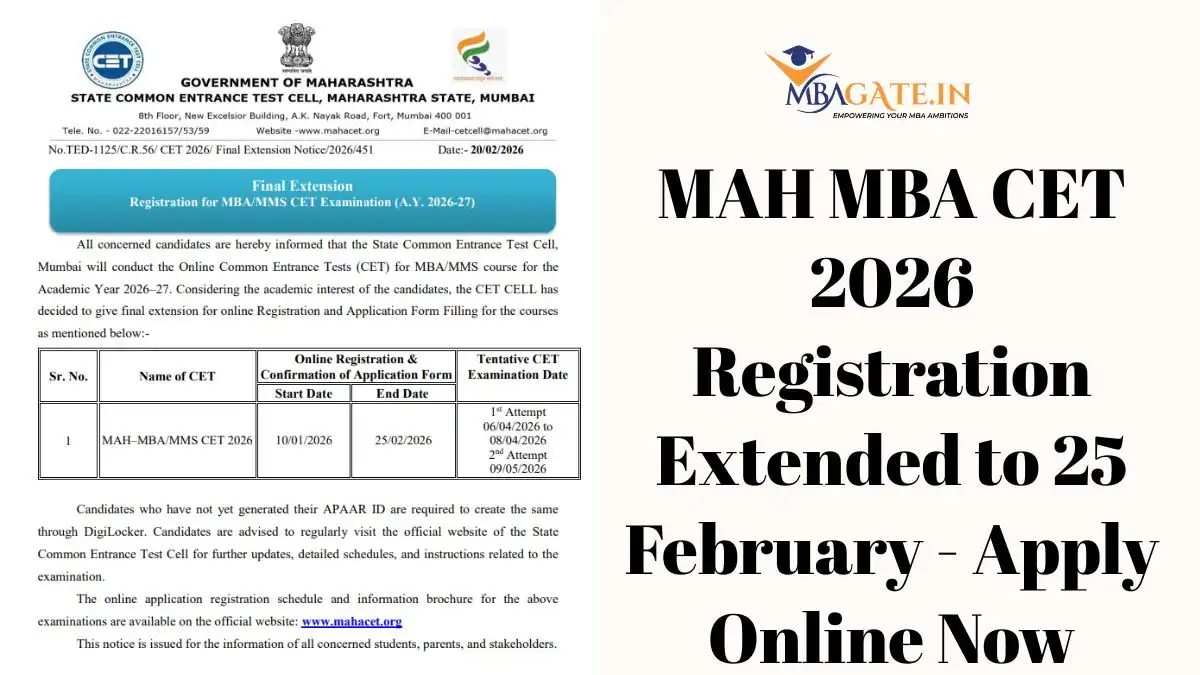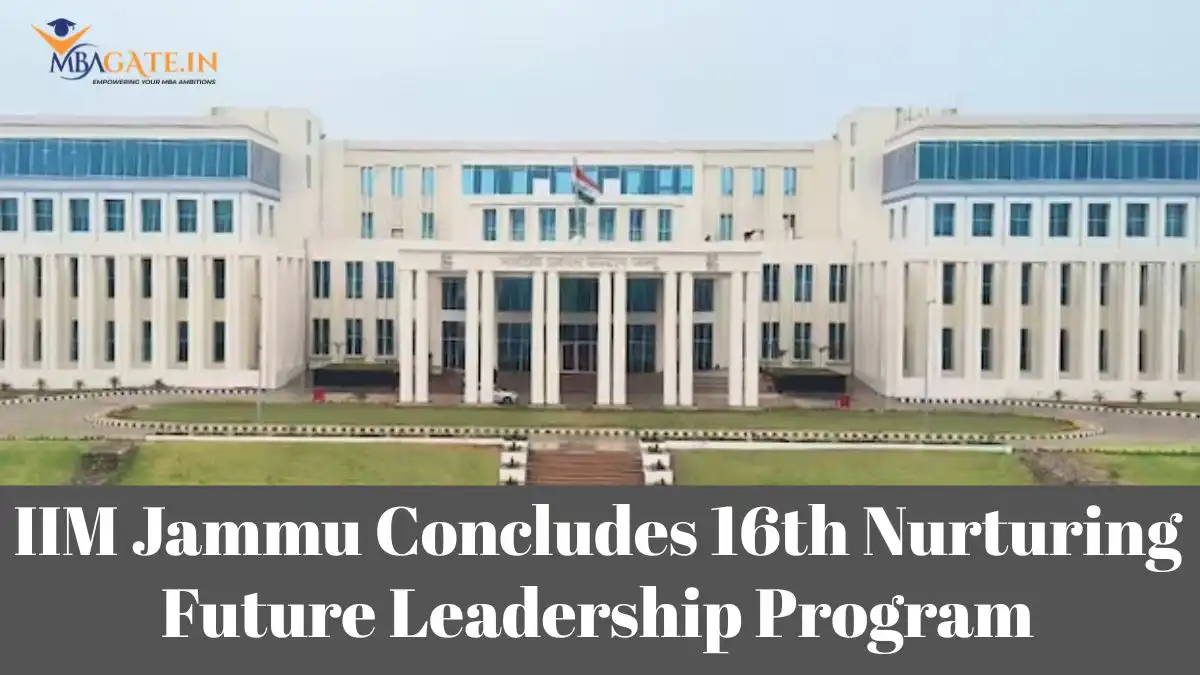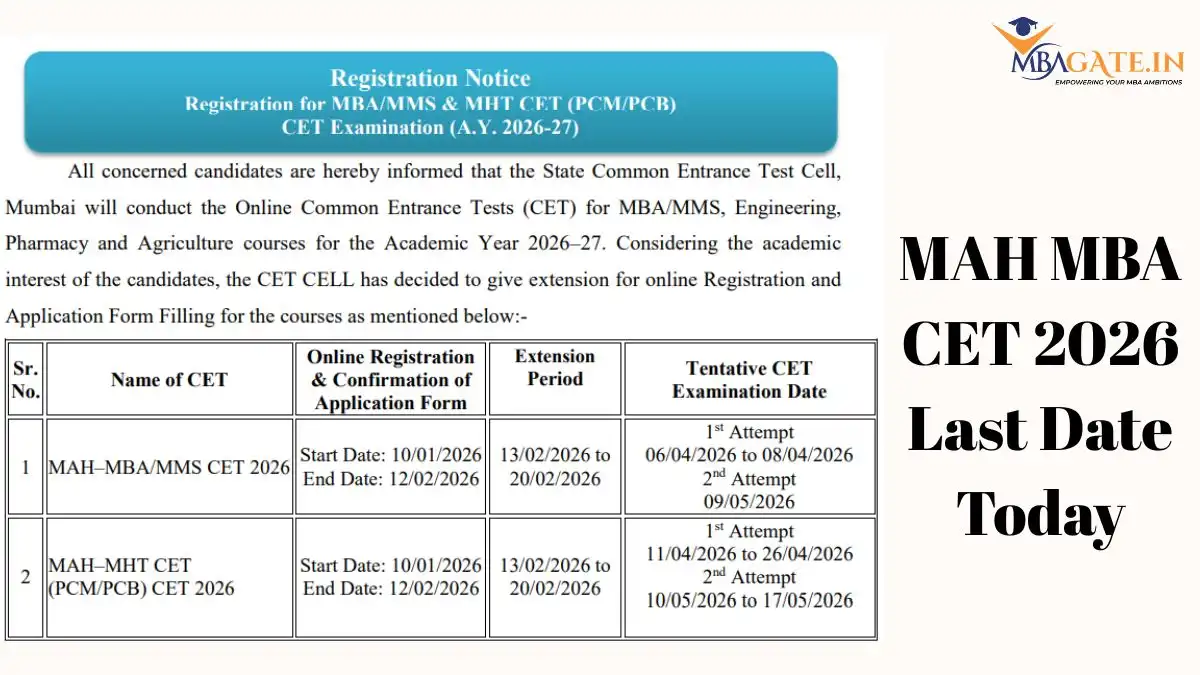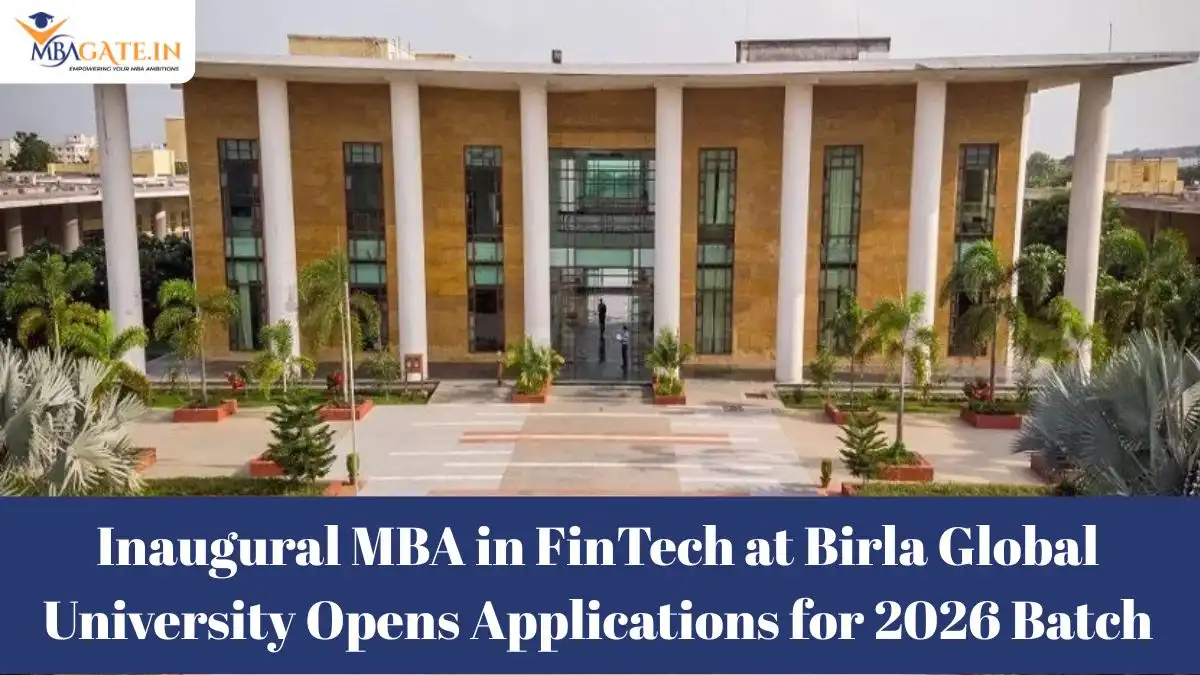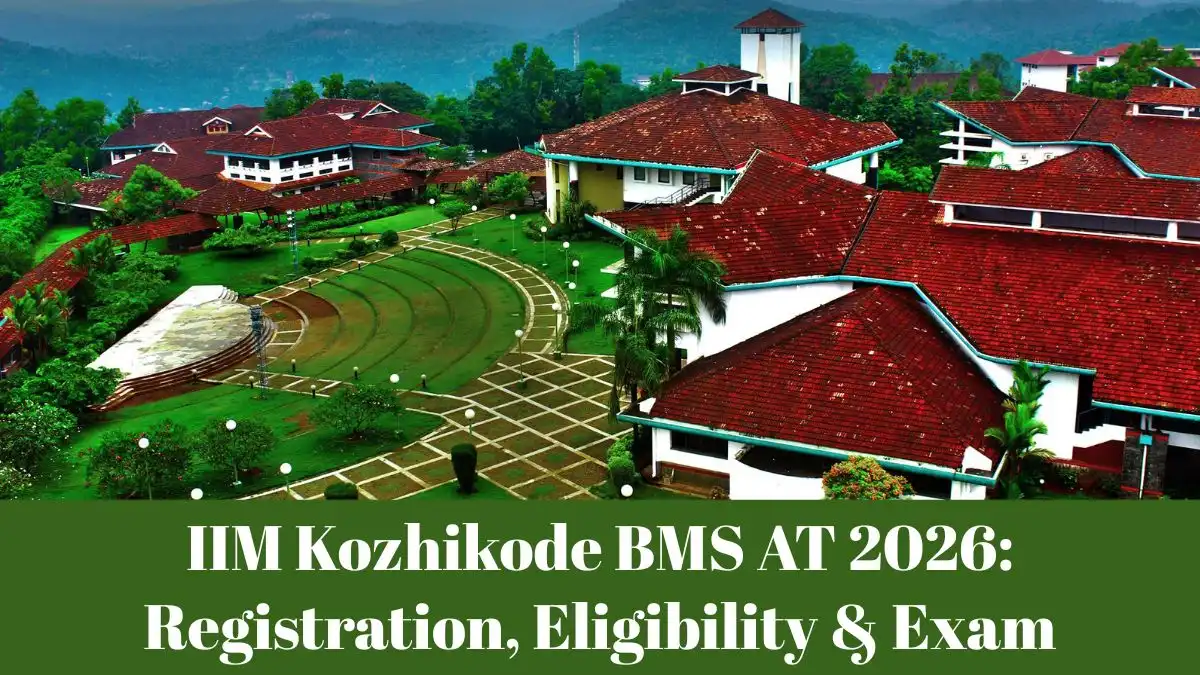IIM Sambalpur's 100% Industry-Ready MBA-Business Analytics Batch Combines Tech and Non-Tech Talent
Table of Content
-
- + more items Show less
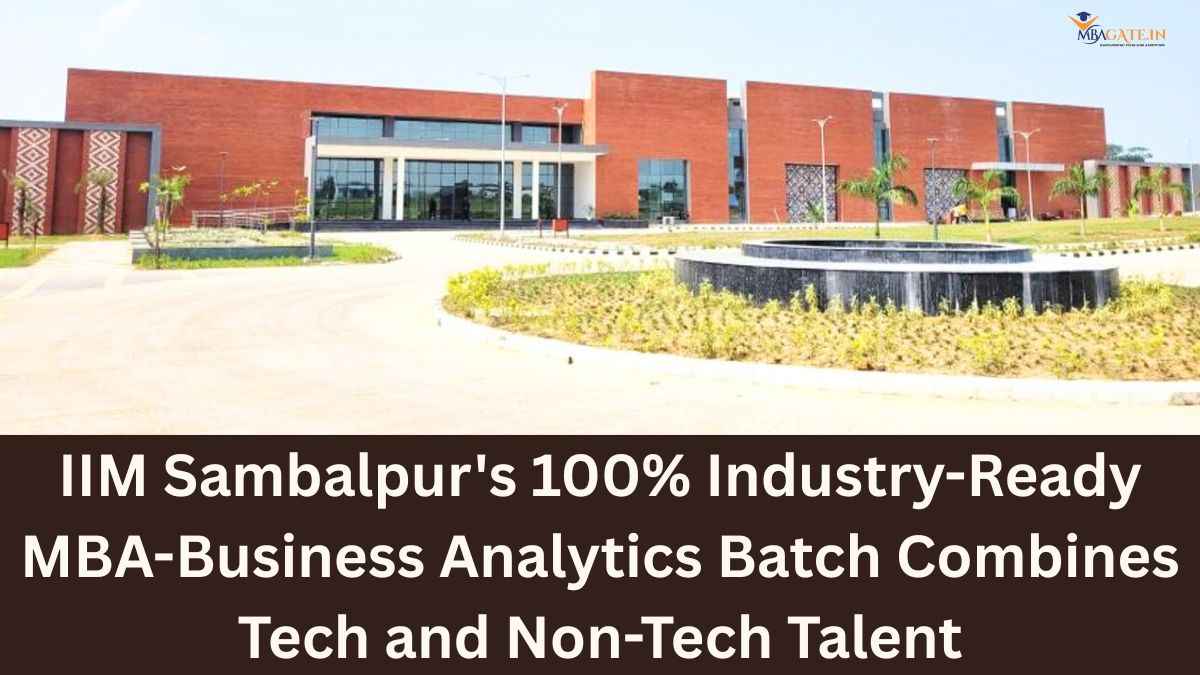
186 students i.e. 51.24% of the batch possessed engineering degrees out of the 363 students admitted into the two MBA programs. The other 48.76% are non-engineering students. In MBA-BA, where 61.70% of the class are engineers, the technical preference is obvious. However, the division is precisely 50:50 in the flagship MBA program, meaning that 49.68% of graduates are engineering students and 50.32% of graduates are non-engineering students. In addition the MBA-BA class stands out due to its industry readiness since all of the members have work experience, thereby increasing the program's applied focus and applicability in today's dynamic business environment. The class has geographic diversity, with members representing almost every Indian state and union territory, including the Andaman and Nicobar Islands. Maharashtra and Uttar Pradesh constitute
13% and 12%, respectively of the incoming class by state of residence.
Director of IIM Sambalpur the Prof. Mahadeo Jaiswal, during his welcome speech stated that Digital India, Make in India and Skill India are aspirational reforms that are responsible for India's rise from the tenth to the fourth largest economy in the world. He asserted that at IIM Sambalpur they believed it was time to introduce another program named 'Brand in India.' He said they were aimed at making Sambalpur the world's first sustainable city and wanted government support to achieve it. He added that by producing leaders who were not just job searchers but also job creators with entrepreneurial spirits, the new-generation IIM was helping to construct the national vision. He continued to mention that the institute had established a number of milestones in the past, such as reaching near-gender equity in MBA admissions, empowering conventional weavers through the Master Weaver initiative, and launching AI-powered classroom discussions, which he said were the first in the country and perhaps the globe.
He continued that their three 'I' principles—innovation, integrity and inclusiveness were rooted in Indian philosophy and directed them in transforming education with a focused aim. He reported that their 3D action lens that spanned digitalisation, decarbonisation and corporate democratisation ensured they were future-ready. He added that IIM Sambalpur was developing accountable leaders who could build a sustainable and inclusive *Viksit Bharat* by 2037 not 2047.


